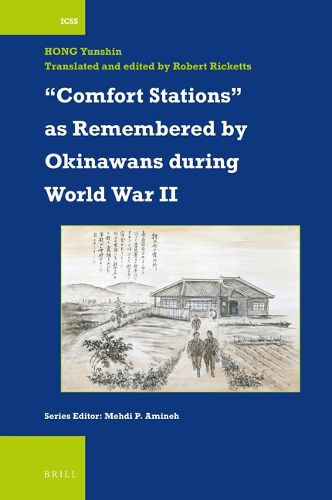Readings Newsletter
Become a Readings Member to make your shopping experience even easier.
Sign in or sign up for free!
You’re not far away from qualifying for FREE standard shipping within Australia
You’ve qualified for FREE standard shipping within Australia
The cart is loading…






Okinawa, the only Japanese prefecture invaded by US forces in 1945, was forced to accommodate 146 "military comfort stations" from 1941-45. How did Okinawans view these intrusive spaces and their impact on regional society? Interviews, survivor testimonies, and archival documents show that the Japanese army manipulated comfort stations to isolate local communities, facilitate "spy hunts," and foster a fear of rape by Americans that induced many Okinawans to choose death over survival. The politics of sex pursued by the US occupation (1945-72) perpetuated that fear of rape into the postwar era. This study of war, sexual violence, and postcolonial memory sees the comfort stations as discursive spaces of remembrance where differing war experiences can be articulated, exchanged, and mutually reassessed.
Winner of the 2017 Best Publication Award of the Year by the Okinawa Times.
$9.00 standard shipping within Australia
FREE standard shipping within Australia for orders over $100.00
Express & International shipping calculated at checkout
Okinawa, the only Japanese prefecture invaded by US forces in 1945, was forced to accommodate 146 "military comfort stations" from 1941-45. How did Okinawans view these intrusive spaces and their impact on regional society? Interviews, survivor testimonies, and archival documents show that the Japanese army manipulated comfort stations to isolate local communities, facilitate "spy hunts," and foster a fear of rape by Americans that induced many Okinawans to choose death over survival. The politics of sex pursued by the US occupation (1945-72) perpetuated that fear of rape into the postwar era. This study of war, sexual violence, and postcolonial memory sees the comfort stations as discursive spaces of remembrance where differing war experiences can be articulated, exchanged, and mutually reassessed.
Winner of the 2017 Best Publication Award of the Year by the Okinawa Times.